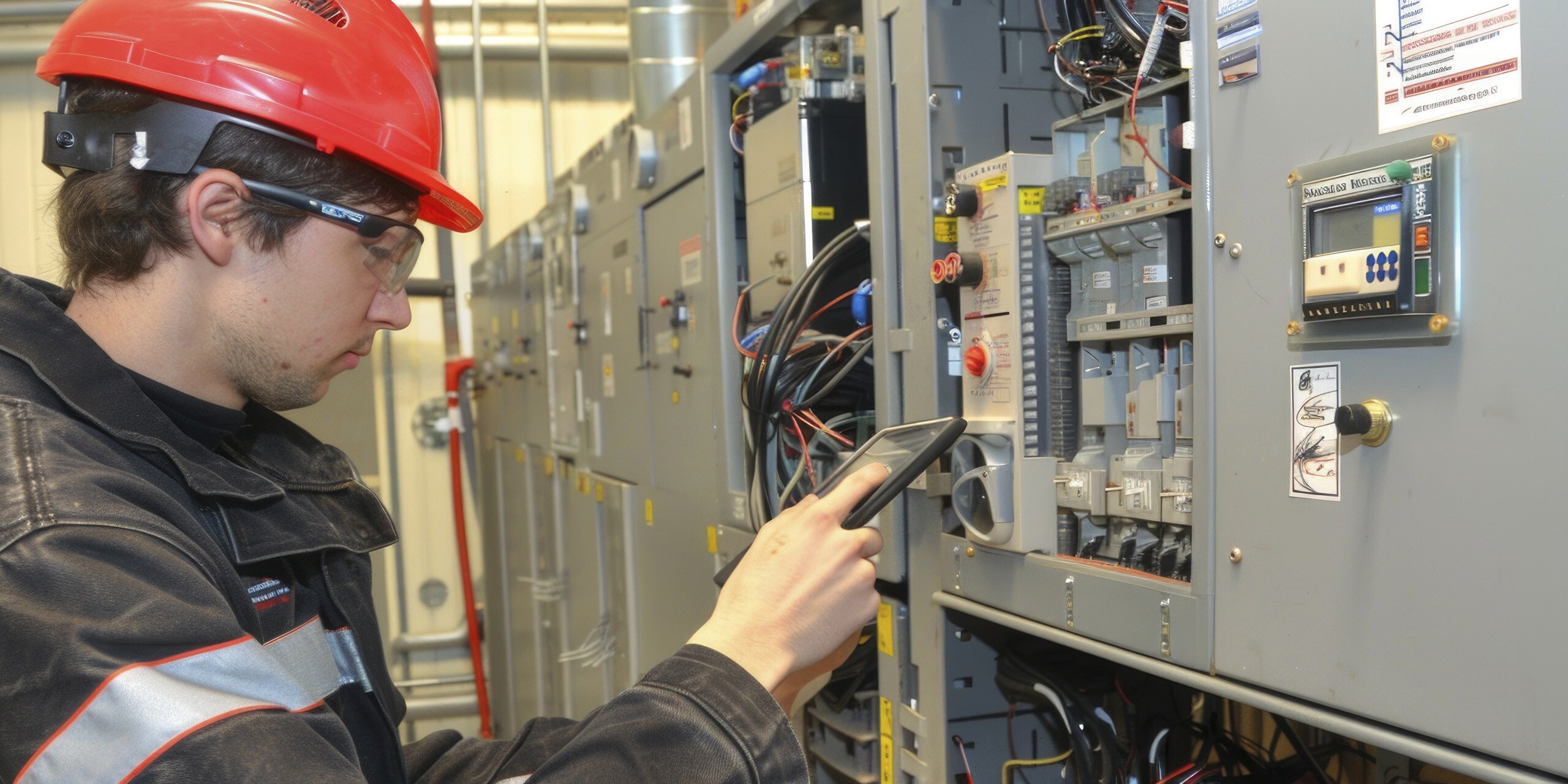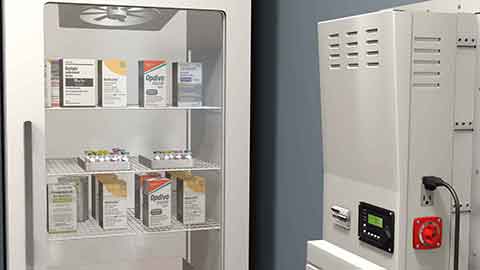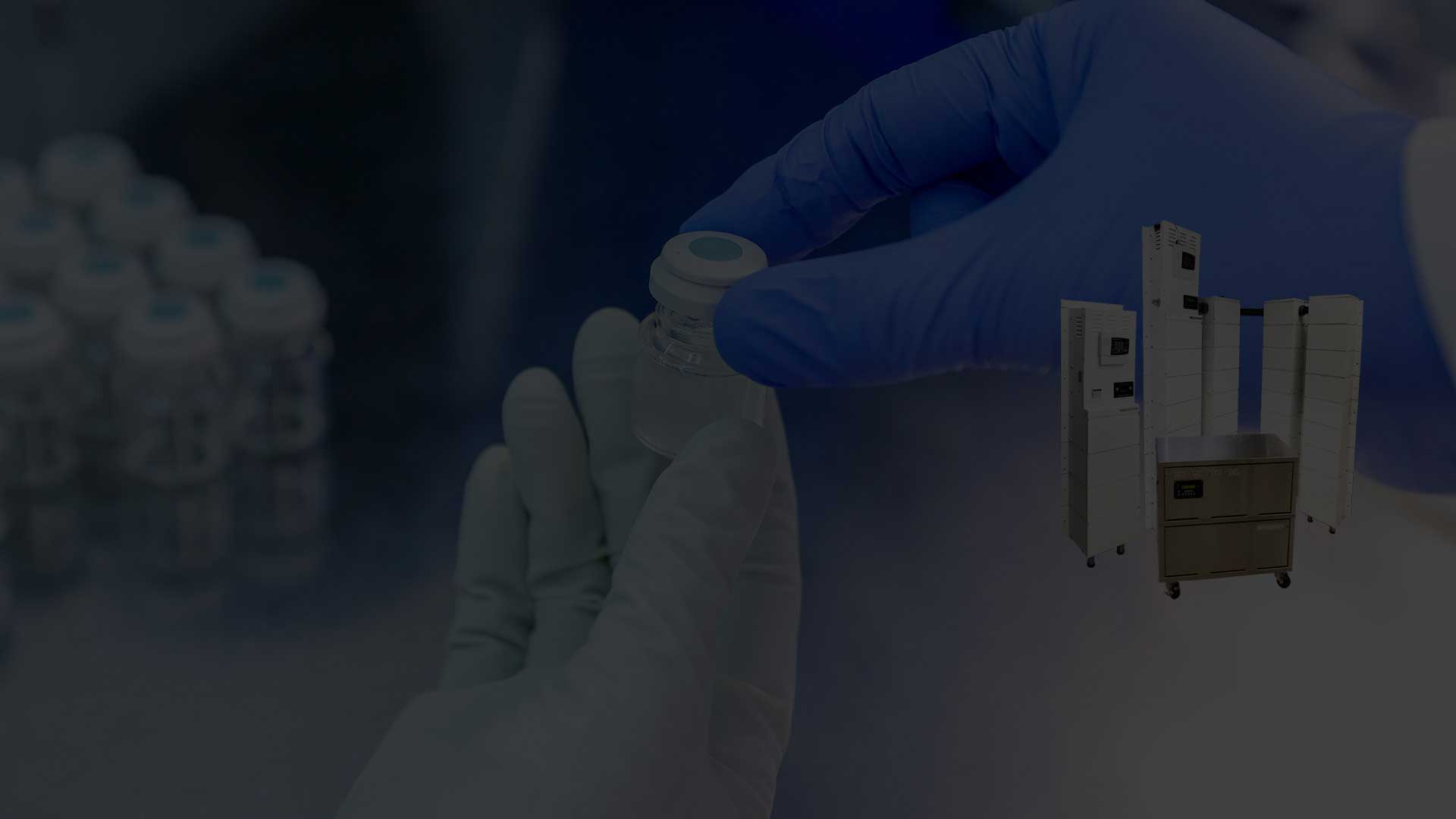How to Clean Up Generator Power
Generators form a critical part of ensuring that power supply remains uninterrupted, especially in critical medical environments. However, they may sometimes produce unstable power, which can be harmful to sensitive equipment. Here is a general step-by-step guide on how to clean up generator power to ensure reliable and safe operations.
Understanding Generator Power Quality Issues
Generators can easily create many power quality problems, such as voltage fluctuations, harmonic distortion, and frequency variations. These issues can harm sensitive medical equipment, leading to malfunction or damage. The adverse effects of power quality problems can range from erratic behavior in equipment to reduced device lifespans and even catastrophic failures in the worst cases.
- Voltage Fluctuations: Involving the rise or fall of voltage levels beyond the normal band, they are likely to cause misoperation in equipment and devices that require a tight voltage range for operation.
- Harmonic Distortions: These are voltage or current components at multiples of the fundamental frequency. They can cause overheating in equipment and reduce efficiency.
- Frequency Variations: This is a deviation from the standard frequency, which can disrupt the operation of frequency-sensitive equipment, causing errors or shutdowns.
Solutions for Ensuring Clean Generator Power:
1. Uninterruptible Power Supplies (UPS)
Uninterruptible Power Supplies are critical in smoothing power from generators. They provide continuity of power by automatically switching to battery power in case of fluctuations or loss of generator power, maintaining the required voltage and frequency for the proper operation of medical devices.
- Double Conversion UPS: This type of UPS provides the highest level of energy protection. It continuously converts incoming AC power to DC and then back to AC, isolating connected equipment from power disturbances and ensuring a clean power supply.
- Line-Interactive UPS: These systems modulate voltage changes without using the battery, making them energy-efficient. They are suitable for environments where power quality is not of great concern and only mild power disturbances occur.
2. Voltage Regulators
Voltage regulators help maintain a constant voltage level. They automatically adjust the voltage to ensure all connected equipment receives the correct voltage, protecting sensitive medical devices from potential damage due to fluctuations.
Types of Voltage Regulators
- Automatic Voltage Regulators (AVRs): Automatically adjust voltage, effective in environments with inconsistent voltage. They regulate both under-voltages and over-voltages, ensuring a consistent output.
- Tap Changers: Used in larger systems, these devices adjust transformer taps to maintain constant voltage, essential in large hospitals.
3. Power Conditioners
Power conditioners filter out electrical noise and voltage spikes, providing a clean and stable power supply that ensures the longevity and reliability of equipment.
Features to Look For:
- Noise Filtering: Reduces EMI and RFI, preventing data corruption or malfunction in sensitive devices.
- Surge Protection: Shields equipment from voltage surges caused by lightning or other factors, preventing transient voltages from damaging sensitive devices.
4. Isolation Transformers
Isolation transformers isolate equipment from the primary power source, offering protection against power surges and electrical noise. This ensures a clean power supply to sensitive medical devices.
Advantages of Isolation Transformers
- Isolation of Equipment: Reduces the risk of electric shock by isolating equipment from the power source, crucial in medical settings for patient safety.
- Noise Reduction: Helps reduce electrical noise, improving equipment performance. Isolation transformers can also reduce ground loop problems, which can cause hum or noise in audio and medical imaging equipment.

5. Regular Maintenance and Testing
Regular maintenance and testing are essential for the proper functioning of power conditioning equipment. Routine checks can detect issues early, ensuring continuous protection of medical devices.
Tips for Maintenance
- UPS Battery Inspection: Regularly check and replace UPS batteries to ensure an uninterrupted power supply.
- Test Voltage Regulators and Power Conditioners: Periodic testing ensures these devices function correctly and provide necessary protection. Regular calibration maintains accuracy.
- Generator Maintenance: Regular servicing, including checking fuel levels, oil quality, and mechanical integrity, maintains generator efficiency and reliability.
6. Monitoring and Management Systems
Monitoring and management systems enable the tracking of power quality and the performance of power conditioning equipment. These systems allow for quick responses to power quality issues through real-time data collection.
Monitoring Solutions
- Power Quality Analyzers: Measure and analyze power disturbances, helping identify and address issues promptly. They can log data over time, useful for identifying recurring problems and their causes.
- Remote Monitoring Systems: Provide real-time monitoring and control of power conditioning equipment, offering alerts in case of abnormalities. These systems can be integrated into a centralized management model for comprehensive facility control.
Practical Applications and Case Studies
Clean generator power is crucial in hospitals and medical centers, ensuring the continuous operation of life-saving equipment, diagnostic machines, and data storage systems. For instance, when a recent power outage occurred at a major city hospital, the installation of a double conversion UPS system ensured that critical systems continued to operate without interruption, preventing potential harm to patients.
Conclusion
Ensuring clean and stable generator power is critical in medical settings where reliable power is paramount. Implementing Battery UPS Systems, voltage regulators, power conditioners, isolation transformers, and regular maintenance helps protect sensitive medical equipment from power quality issues. Monitoring and management systems further enhance the reliability of the power supply, ensuring continuous and safe operation.
For more information on reliable power solutions for medical environments, visit Medi+Products.



